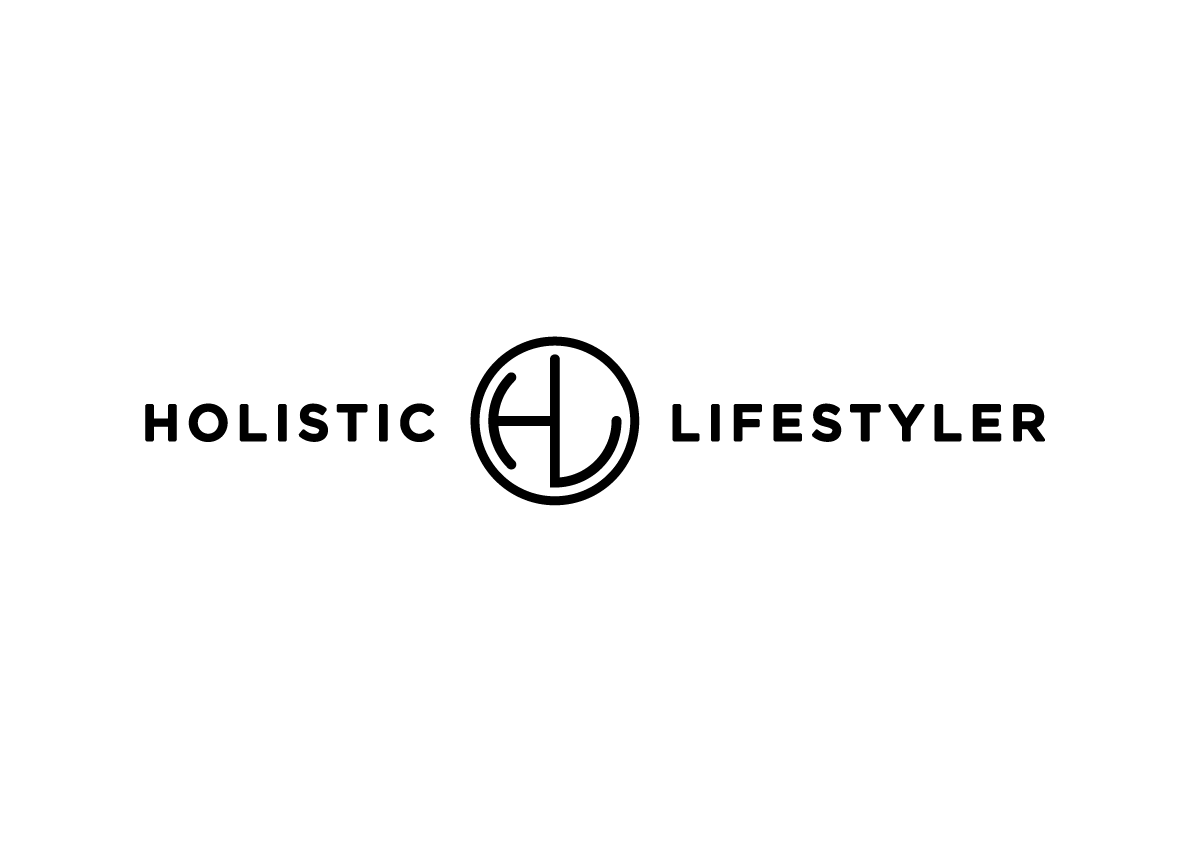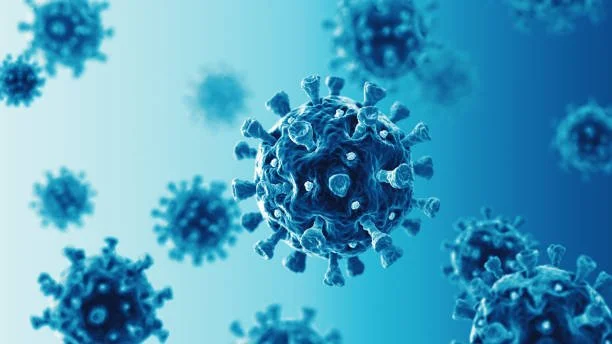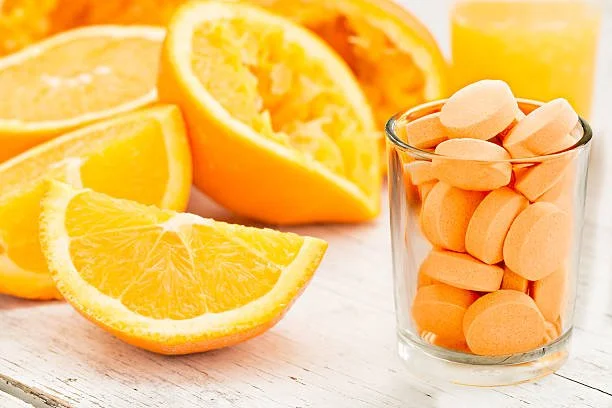Vitamin C & Quercetin - potential role in the COVID-19 pandemic
Given the severity of the global pandemic of Severe Acute Respiratory Syndrome Coronavirus-2 (SARS-CoV-2) researchers have been frantically studying both pharmaceutical and nutraceutical strategies for prophylaxis and treatment of the viral infection. Whilst a devastating situation and era that will be written in history books it is exciting to see the development of quality research and critical emergency based thinking as scientists and healthcare unite to serve humanity. For the purpose of this post I am going to discuss two nutraceuticals, Quercetin & Vitamin C.
It wasn’t my intention initially to write up a blog post but whilst doing my own research when developing an evidence based approach to supportive strategies for myself, family and patients I got a little excited with some of the research studies so decided to synthesize some of the studies into a blog post. Time permitting I will possibly do some reviews of other nutraceuticals.
A plethora of studies looking at vitamin c & quercetin has laid the foundation & justification for specific clinical studies to now be undertaken relating to COVID-19. The importance of Vitamin C (ascorbic acid) for a correctly functioning immune system is well studied. Quercetin is also well researched showing antiviral properties, and the combination of quercetin and vitamin C when co-administered have a synergistic antiviral action - largely due to their overlapping antiviral and immunomodulatory properties Biancatelli et.al., (2020).
By supporting lymphocyte activity, increasing interferon-α production, modulating cytokines & reducing inflammation vitamin C exerts its antiviral properties. We know that SARS-CoV-2 affects the immune system by producing a systemic inflammatory response, or a cytokine release syndrome. Patients with the infection show high levels of pro-inflammatory cytokines and chemokines (Shakoor et.al., 2021). Vitamin C is known to reduce the levels of pro-inflammatory cytokines including TNF-α and increase anti-inflammatory cytokines (IL-10), which is why many are suggesting its use prophylactically and as an adjunct to pharmaceutical intervention. There are currently clinical trials underway investigating the potential role vitamin c can have with prevention and treatment of SARS-CoV-2. According to Holford et.al, (2020)
“People in high-risk groups for COVID-19 mortality, and at risk of vitamin C deficiency, should be encouraged to supplement with vitamin C daily to ensure vitamin C adequacy at all times, and to increase the dose when virally infected to up to 6–8 g/day”
Previous research highlighting the use of Vitamin C in pneumonia and sepsis has paved the way for translation of vitamin c as a potential role in prophylaxis and treatment of SARS-CoV-2. Administration of vitamin c in pneumonia patients has been shown to decrease the severity of respiratory symptoms and duration of hospital stay. It has been quite clearly shown in the literature that those critically ill with sepsis and multiple organ failure have higher requirements for vitamin c, often requiring gram doses to normalise plasma levels (Carr & Rowe., 2020). A recent COVID-19 pilot randomised control trial by Zhang et.al., (2021) indicates that administration of intravenous vitamin C can significantly decrease IL-6 levels by day 7 of infusion. This is quite significant as IL-6 is one of the inflammatory cytokines that has been implicated in the cytokine storm that can accompany COVID-19 infection. Another mechanism whereby vitamin c may play a role is in its ability to prevent microthrombi formation. Hiedra et.al., (2020), in their case series whereby patients with COVID-19 received IV vitamin c found a significant decrease in D-dimer levels, ferritin and inflammatory markers.
In their paper titled “Vitamin C as prophylaxis and adjunctive medical treatment for COVID-19?” Feyaerts et.al., (2020) concluded
“Considering the weight of the evidence and because vitamin C is cheap and safe, an oral low dose (1–2 g/d) may be useful prophylactically, and in cases of severe COVID-19, a (very) high-dose regimen may be beneficial.”
Vitamin C as prophylaxis and adjunctive medical treatment for COVID-19? Feyaerts et.al., (2020)
Quercetin Benefits
Quercetin has been shown to have promising antiviral properties in various models and types of viral infections by inhibiting polymerases (Shinozuka et. al., 1988), inhibiting proteases (Bachmetov et.al. 2012), inhibiting inhibiting reverse transcriptase (Spedding & Middleton 1989). Derosa et.al., (2020), conducted a review of the literature titled “A role for quercetin in coronavirus disease 2019 (COVID‐19)” looking into the potential role of Quercetin in SARS-CoV-2 management. Here is a statement from their review “Quercetin is one of the most important plant molecules, showing pharmacological activity such as antiviral, anti‐atopic, pro‐metabolic, and antiinflammatory effects. It has also been demonstrated to have a wide range of anticancer properties, and several reports indicate its efficacy as a cancer‐preventing agent. Quercetin also has psychostimulant properties and has been documented to prevent platelet aggregation, capillary permeability, lipid peroxidation, and to enhance mitochondrial biogenesis”.
Smith & Smith, (2020) using the world’s most powerful supercomputer SUMMIT conducted a theoretical computer model of the spike protein (S-protein) of SARS-CoV-2 interacting with the human ACE2 receptor. They demonstrated that quercetin had capability to interfere with SARS‐CoV‐2 replication, with the results showing this to be the fifth best compound out of 18 candidates they tested via the theoretical computer model.
Another interesting study that was done by Cristescu et. al., (2020) looked at quercetin based surface coatings to prevent the growth and transmission of pathogens on environmental surfaces. They showed direct evidence for quercetin's ability to target SARS-CoV-2 3CLpro main protease. Comparative to antibiotics quercetin also shaped up well “Quercetin-containing coatings showed better resistance to microbial colonization than antibiotic–containing ones.” Based on these findings it would make plausible sense that quercetin applied topically to the mouth and throat may provide protection and decrease viral load. Quicksilver Scientific have recently released a product Immune Charge + ® Throat Spray which contains Quercetin as one of it’s ingredients. Bio-Botanical Research Inc is another company that has quercetin in their Dentalcidin ™ LS Liposomal Oral Care Solution - I have personally been using this formula with patients for a number of years with oral microbiome challenges and had very good success. I wrote a blog post specifically on the oral microbiome which you can refer to for further info.
Saeedi-Boroujeni et.al., (2021) paper titled “Anti-inflammatory potential of Quercetin in COVID-19 treatment” did a very comprehensive overview of the different mechanisms whereby quercetin potentially may have a role with COVID-19 treatment, for those interested in more of the specifics I recommend that reference. The image below is taken from their paper which summarises quite well.
Vitamin C , Quercetin & COVID-19 Summary
So to summarise there seems to be enough research directly and via theoretical models to support the use of vitamin c & quercetin in conjunction with pharmaceutical interventions. This explains the mass shortages with the supply chain we have seen with both Vitamin C when COVID-19 initially hit, thankfully the supplies seem to have caught back up, and now more recently with Quercetin which has been quite difficult to source due to demand.
Some of my personal Vitamin C favorites are:
Cymbiotika Synergy C, AMAZONIA Raw Nutrients Vitamin C, Native Vitamin C Capsules.
Some of my persona Quercetin favourites:
Quercetin Complex, Dentalcidin™LS Liposomal Oral Care Solution, Quicksilver Scientific Immune Charge+® Throat Spray
None of the products or information presented are intended to diagnose, treat, cure or prevent any disease. The information contained herein is for informational purposes only and does not establish a doctor-patient relationship.
References
Bachmetov, L., Gal-Tanamy, M., Shapira, A., Vorobeychik, M., Giterman-Galam, T., Sathiyamoorthy, P., Golan-Goldhirsh, A., Benhar, I., Tur-Kaspa, R. and Zemel, R., 2011. Suppression of hepatitis C virus by the flavonoid quercetin is mediated by inhibition of NS3 protease activity. Journal of Viral Hepatitis, 19(2), pp.e81-e88.
Carr, A. and Rowe, S., 2020. The Emerging Role of Vitamin C in the Prevention and Treatment of COVID-19. Nutrients, 12(11), p.3286.
Colunga Biancatelli, R., Berrill, M., Catravas, J. and Marik, P., 2020. Quercetin and Vitamin C: An Experimental, Synergistic Therapy for the Prevention and Treatment of SARS-CoV-2 Related Disease (COVID-19). Frontiers in Immunology, 11.
Cristescu, R., Narayan, R. and Chrisey, D., 2020. Novel Antimicrobial Surfaces to Defeat COVID-19 Transmission. MRS Advances, 5(56), pp.2839-2851.
Derosa, G., Maffioli, P., D'Angelo, A. and Di Pierro, F., 2020. A role for quercetin in coronavirus disease 2019 (COVID‐19). Phytotherapy Research, 35(3), pp.1230-1236.
Feyaerts, A. and Luyten, W., 2020. Vitamin C as prophylaxis and adjunctive medical treatment for COVID-19?. Nutrition, 79-80, p.110948.
Hiedra, R., Lo, K., Elbashabsheh, M., Gul, F., Wright, R., Albano, J., Azmaiparashvili, Z. and Patarroyo Aponte, G., 2020. The use of IV vitamin C for patients with COVID-19: a case series. Expert Review of Anti-infective Therapy, 18(12), pp.1259-1261.
Holford, P., Carr, A., Jovic, T., Ali, S., Whitaker, I., Marik, P. and Smith, A., 2020. Vitamin C—An Adjunctive Therapy for Respiratory Infection, Sepsis and COVID-19. Nutrients, 12(12), p.3760.
Saeedi-Boroujeni, A. and Mahmoudian-Sani, M., 2021. Anti-inflammatory potential of Quercetin in COVID-19 treatment. Journal of Inflammation, 18(1).
Shakoor, H., Feehan, J., Al Dhaheri, A., Ali, H., Platat, C., Ismail, L., Apostolopoulos, V. and Stojanovska, L., 2021. Immune-boosting role of vitamins D, C, E, zinc, selenium and omega-3 fatty acids: Could they help against COVID-19?. Maturitas, 143, pp.1-9.
Shinozuka, K., Kikuchi, Y., Nishino, C., Mori, A. and Tawata, S., 1988. Inhibitory effect of flavonoids on DNA-dependent DNA and RNA polymerases. Experientia, 44(10), pp.882-885.
Smith, M. and Smith, J., 2020. Repurposing Therapeutics for COVID-19: Supercomputer-Based Docking to the SARS-CoV-2 Viral Spike Protein and Viral Spike Protein-Human ACE2 Interface.
Spedding, G., Ratty, A. and Middleton, E., 1989. Inhibition of reverse transcriptases by flavonoids. Antiviral Research, 12(2), pp.99-110.
Zhang, J., Rao, X., Li, Y., Zhu, Y., Liu, F., Guo, G., Luo, G., Meng, Z., De Backer, D., Xiang, H. and Peng, Z., 2021. Pilot trial of high-dose vitamin C in critically ill COVID-19 patients. Annals of Intensive Care, 11(1).




